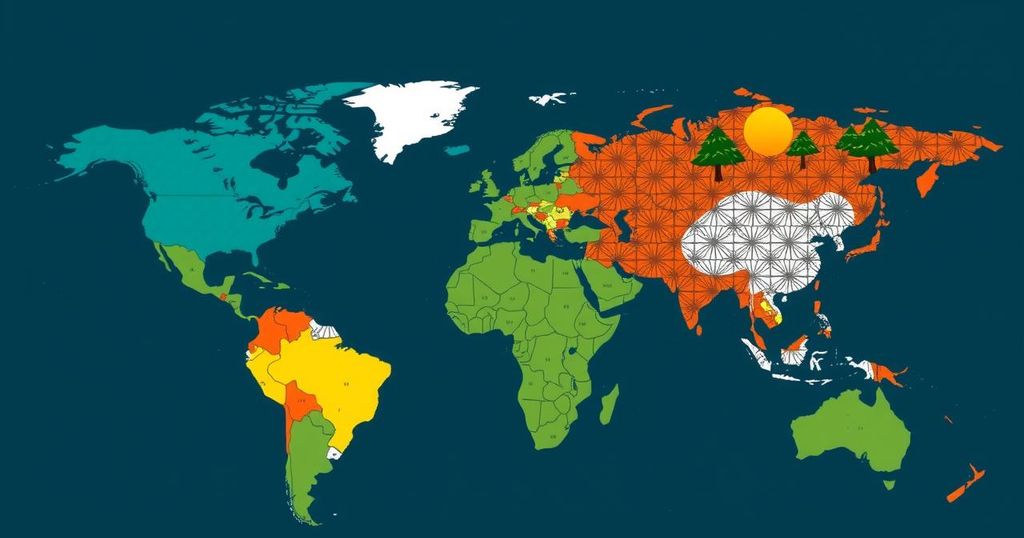Wealthy Nations Begin Compensating Developing Countries for Climate Change Damages
Following the devastation of Cyclone Freddy in Malawi, affected individuals are receiving financial compensation as part of a new initiative aimed at addressing climate change damages. Wealthier nations have pledged approximately $720 million to assist low-income countries suffering from climate-induced disasters. As negotiations continue at COP29, the urgency for effective mechanisms to deliver these funds and the projected rising costs of climate impacts are highlighted by leaders from the global south.
In the wake of Cyclone Freddy, which devastated southern Malawi in 2023, local communities are beginning to receive financial compensation for climate-induced damages. Christopher Bingala, a subsistence farmer, received approximately $750 as part of a new initiative aimed at assisting those affected by climate change disasters. Wealthier countries have pledged about $720 million to support low-income nations, recognizing their minimal contribution to global emissions while facing severe impacts from extreme weather events. This compensation program is pivotal, as developing nations traditionally lack resources for recovery and resilience against climate challenges.
The COP29 climate summit in Baku, Azerbaijan, is currently focused on finalizing loss and damage funding discussions, with the need for adequate support underscored by rising frequency and intensity of climate-related disasters. Prime Minister Philip Davis of the Bahamas emphasizes the moral obligation of wealthier nations to address the consequences that their emissions impose upon vulnerable economies. As infrastructure and livelihoods are increasingly jeopardized by climate change, the burden of recovery often leads to increased national debt in already struggling countries.
Bingala, displaced by flooding, highlights the precariousness of life for small-scale farmers, particularly in regions subjected to recurrent climate shocks. The initiatives funded through donations from wealthier nations aspire to provide immediate relief and facilitate rehabilitation efforts for communities devastated by disasters. However, the system is still in its infancy, and significant challenges remain in disbursing the pledged funds effectively.
As demands for loss and damage funding continue to escalate, it is projected that by 2030, the annual need will reach $250 billion. The precarious futures faced by populations affected by climate disruptions necessitate comprehensive action that incorporates disaster recovery and long-term community resilience strategies. Acknowledging their shared responsibility, the global north must recognize that failure to act will ultimately yield consequences that extend beyond individual national borders.
The issue of loss and damage funding has gained prominence as climate change accelerates and its effects become increasingly severe. Vulnerable low-income nations, which contribute minimally to global emissions yet suffer disproportionately from climate impacts, have historically lacked the financial mechanisms to address the damages they encounter. This disparity has prompted wealthier nations to recognize their role and establish funds dedicated to natural disaster recovery. Recent pledges aim to alleviate the financial burdens on affected communities, particularly in developing countries where infrastructure and livelihoods are at risk due to extreme weather events.
The introduction of loss and damage compensation marks a significant step towards addressing the inequities exacerbated by climate change. With richer nations committing funds to support developing countries, there is hope for improved resilience and recovery mechanisms. As the dialogue continues at global summits, it is critical for the world to recognize the interconnectedness of these issues and act decisively to prevent further humanitarian crises. The challenges ahead are daunting, but with comprehensive support, those affected may find a pathway toward recovery and stability.
Original Source: www.kwit.org




Post Comment